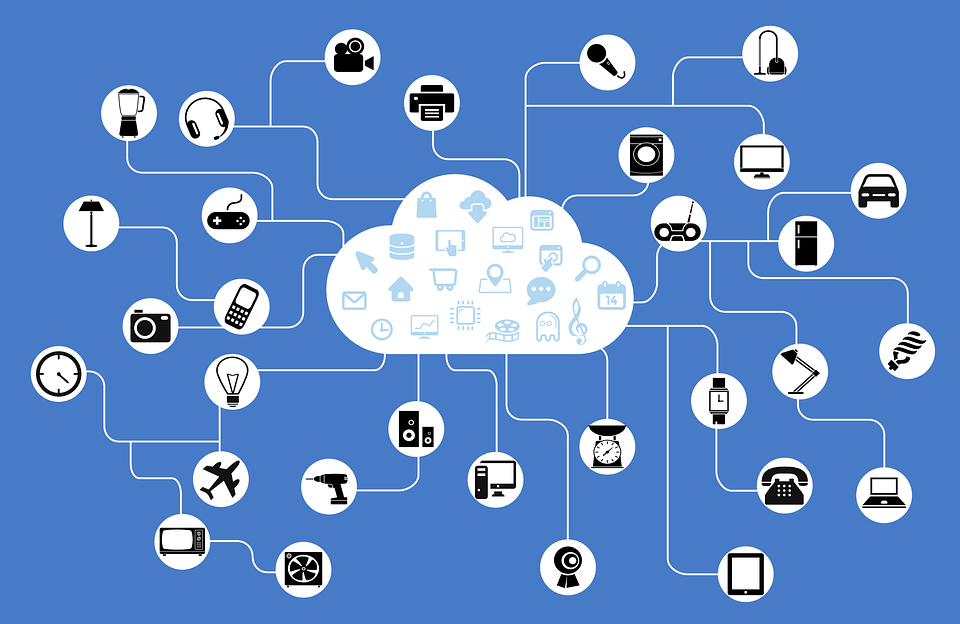Digital Citizenship
Oftentimes when educators hear digital literacy, they automatically think of digital citizenship. While digital citizenship and digital literacy are related, there are distinct differences. In their
Media Education in English Language Arts, the National Council for Teachers of English (NCTE) defines Digital citizenship as “students… learn[ing] about the rights and responsibilities of people in complex, diverse societies and reflect on their own ethical choices as they use digital platforms in the context of work, life, and citizenship.” Digital citizenship includes: Privacy & Security, Cyberbullying, Digital Drama, & Hate Speech, Digital Footprint & Identity, Relationships & Communication, News & Media Literacy, Media Balance & Well-Being.
More recently, the language of digital civics has been used to understand “the study of the rights and responsibilities of citizens who inhabit the infosphere and access the world digitally” (Digital Civics). The term digital civics, like digital citizenship, is designed to “help young people learn to use digital media — safely and productively — to make an impact on issues they care about” (Harvard Graduate School of Education).
Why is Digital Citizenship Important?
Digital citizenship is essential in ensuring that students can safely navigate the digital world while effectively using technology to consume and create digital content and interact and communicate with others. In the article “Digital citizenship is more important than ever,” Mike Ribble shares the acronym REP that he discusses in his book Digital Citizenship in Schools to help think about the “why” behind digital citizenship R is for respect yourself and others , E is for educating yourself and others, and P is for protecting yourself and others.
Digital Citizenship Resources
As schools consider how to integrate digital citizenship within their existing curriculum, they can look to the "Relationships and Mental Health" section of the Key Components of Digital Learning to consider how to ensure that students feel safety, security, and belonging as well as the Pedagogy and Practice section to consider ways to integrate lessons that are centered in students’ lived experiences.
-
MESD Digital Citizenship Resource: Katy Tibbs, Education Technology Specialist at the Multnomah ESD curated a resource designed to support educators in integrating digital citizenship lessons and practices within their classrooms.
-
Teaching Digital Citizenship in Today’s World: This document produced by Common Sense and Project Zero provides research and insights behind the Common Sense Digital Citizenship Curriculum.
-
Common Sense Education: Digital Citizenship Lessons: Common Sense Education has developed a set of digital literacy lessons broken down by grade band, K-2, 3-5, 6-8, and 9-12. They provide a starting point for educators to begin integrating digital citizenship lessons within their classrooms.
-
Digital Civics Toolkit: The Digital Civics Toolkit is a collection of resources for educators to support youth to explore, recognize, and take seriously the civic potentials of digital life.
-
A Toolkit for Digital Civics: This website provides an overview of the Digital Civics Toolkit along with additional resources developed by the Harvard Graduate School of Education.
-
Digital Citizenship Resources Recommended by LTC Coaches: The Learning Technology Center has put together a set of resources including lessons, apps, games, and books to support digital citizenship education.
-
Critical Digital Citizenship: Civics of Technology, started by a number of professors and PhD students, includes resources and a curriculum to “offer youth powerful ways to confront oppression and use digital media to express their politics and promote civic engagement.
-
Digital Citizenship Resources: Beaverton School District has a comprehensive set of resources focused on digital citizenship, including Spanish language versions.
Internet Safety
Resources for cybersecurity and student and school privacy.